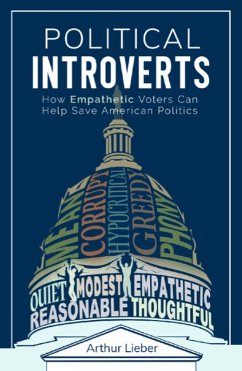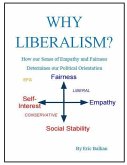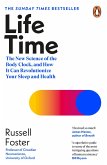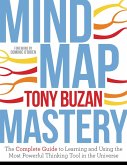American educators love to tout how standardized test scores keep going up. Presumably that means that students are learning something. But how can we say that we have an educated adult population, regardless of their test scores, when they select Donald Trump to be president?I use the word 'select' advisedly because Trump came nearly three million votes short of actually winning the popular vote. But he won the anachronistic oddity that we have called the Electoral College.In Political Introverts: How Empathetic Voters Can Help Save American Politics, we will examine how two keys to cleaning up our political system so that we do not continue the pattern of electing the likes of Nixon, G.W. Bush or Trump are (a) to welcome more introverts, particularly those who currently are not voting, into our political process, and (b) to overhaul our educational system so that empathy trumps test scores.In so many ways, politics is like a circus and campaigns are designed to reflect that. This means that more often than not, candidates need to be show-persons, dealing with what is entertaining but not necessarily informative or enriching. Introverts prefer to consider issues as important as political decisions with more quiet, with more thought, with more time to reflect. But because political introverts are not squeaky wheels, they are rarely heard. If the system is more welcoming to introverts, and if political introverts are willing to engage in ways whereby they can still "e;stay in their lanes,"e; we can bring more thoughtful consideration to politics and improve the quality of our leaders.But that is not enough. We need to make changes in our educational system so that empathy, a key to responsible government, can flourish. The key to these changes is attracting new kinds of teachers into the classrooms, ones who by nature who are empathetic, who care more about the personal growth of students than their test scores. The educational bureaucracy as we know it will have to wither away and be replaced by an informality in schools where learning and enjoyment go hand in hand. When that happens, schools will be preparing a much wiser electorate.
Dieser Download kann aus rechtlichen Gründen nur mit Rechnungsadresse in A, B, BG, CY, CZ, D, DK, EW, E, FIN, F, GR, HR, H, IRL, I, LT, L, LR, M, NL, PL, P, R, S, SLO, SK ausgeliefert werden.









